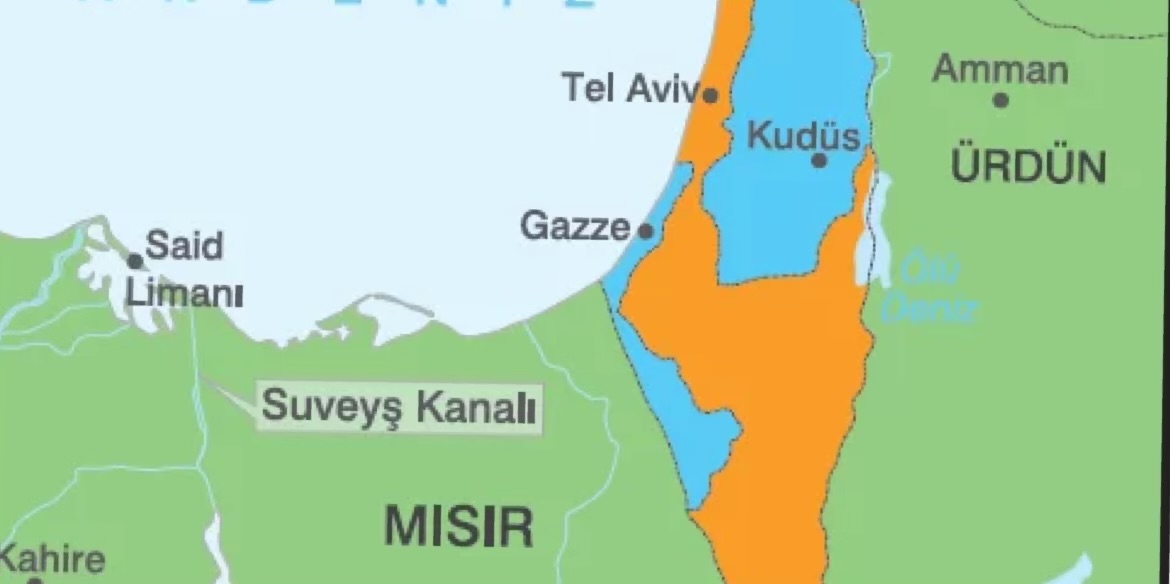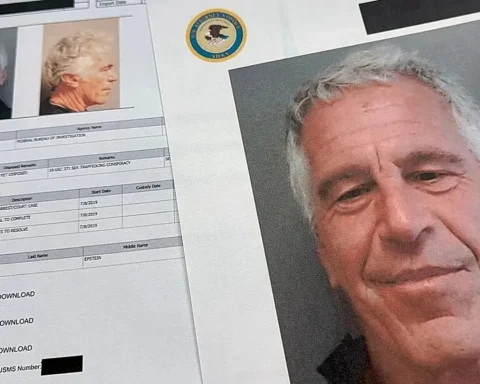The Israeli attack on Hamas leaders in Doha this month carries significant messages and warnings to the Egyptian capital, Cairo, which often hosts delegations of the movement and, alongside Qatar and the United States, manages mediation between the Palestinian factions and Israel.
The questions raised by Egyptians in recent days have centred on how far Israel might be willing to go in its recklessness by carrying out a similar strike on Cairo, how Egypt would respond if leaders of the movement were assassinated on its soil, and what such an escalation would mean for the future of the peace agreement between the two countries.
A strategic shift
The Israeli bombing of Doha marked a strategic shift and a dangerous turning point in the political and military landscape of the region, as it targeted for the first time a Gulf state—one that is not only a mediator but also hosts the largest US air base abroad.
These developments sent Egypt a strong and unmistakable message about the possibility of the same scenario being repeated. They also underscored that the Egyptian capital is not beyond Israel’s reach if it chooses to target Hamas leaders who regularly travel to Cairo for negotiations on the proposed ceasefire and the future governance of Gaza once the war ends.
Cairo is currently hosting a number of senior Palestinian faction leaders, along with former prisoners released or deported under the latest prisoner-exchange deal. This places a heavy security and intelligence burden on Egypt, in terms of monitoring, protection, and ensuring their safety.
It was only natural for Cairo to feel deep concern over what happened in Qatar and to see its confidence in the United States as a security partner decline. This prompted it to quickly send a warning message to Washington and Tel Aviv that “any Israeli attempts to operate on Egyptian soil, like the raids that targeted Doha, would have dire consequences,” according to CNN.
A repeat of the Doha attack, in one form or another, on Egyptian territory would, in the view of observers, be regarded by Cairo as a direct assault on Egyptian sovereignty and a serious violation of the 1979 peace treaty between the two countries. It would also undermine Egypt’s image as an effective mediator in negotiations and could spark domestic tensions, putting the ruling regime in a predicament that would compel it to respond in order to save face.
Scenarios of escalation
Egypt’s security and intelligence circles rule out the possibility of Hamas leaders being targeted on its soil with an airstrike similar to the Doha attack. However, they consider several other scenarios for Israeli escalation more likely: planting an explosive device, using a car bomb, poisoning food or drink in a hotel or residence, employing secret agents on the ground, or activating a sleeper agent within the movement, according to an Egyptian security source and a political analyst.
The source, who requested anonymity, added that Israel has on-the-ground assassination plans that are difficult to trace back after execution. Yet the matter is different with Egypt, which is highly sensitive to any intelligence operations on its territory, has extensive experience in securing its guests, and possesses leverage that makes it difficult for Tel Aviv to meddle with or risk losing Egypt as a peace partner of nearly five decades.
Tel Aviv may attempt to replicate the pager attack that targeted Hezbollah members in September of last year, by passing booby-trapped devices to Palestinian cadres without leaving direct fingerprints, in order to avoid a crisis with Egypt. However, according to Egyptian political analyst Mohamed Anan, Hamas employs extremely strict security methods, which it does not disclose publicly, and its protective system does not rely on other states.
In keeping with its policy of not putting all its eggs in one basket, the movement adopts a strict and decentralized approach to dispersing its leaders and cadres across as many world capitals as possible—particularly in Arab, Islamic, and Asian countries. These include Cairo, Doha, Damascus, Beirut, Algiers, Ankara, Tehran, and Kuala Lumpur.
The movement is likely to tighten its security measures and alter its protocols for protecting leaders in light of warnings it has received from several capitals about the possibility of assassination attempts—especially after Israeli Prime Minister Benjamin Netanyahu vowed to launch further strikes against Hamas leaders “wherever they may be.”
The number of Palestinian leaders abroad, along with their identities, locations, and specific roles, remains unknown. As a result, from time to time, the factions redistribute their leadership across different locations in coordination with Arab and regional capitals, in accordance with evolving security and intelligence considerations.
Strong messages
Moving quickly on several fronts, Cairo has worked to block any potential plot to assassinate members of Palestinian delegations on its soil. This has involved sending stern warnings to security and intelligence circles in Washington and Tel Aviv about the consequences of such actions, tightening protective measures around Palestinian leaders currently in Cairo, and scaling back security coordination with Israel.
Egyptian President Abdel Fattah El-Sisi delivered a rare and striking message at the Doha Summit a few days ago, pointedly referring to Israel as an ‘enemy’—a clear indication of an unprecedented escalation in Egyptian-Israeli relations.
Egyptian media has taken on an openly hostile tone toward Israel, with commentators and military experts warning that any Israeli strike on Egyptian soil would be met with a matching response, and that planes taking off from Israel toward Egypt would have no place to return to.
Signals on the ground
The clearest message came with the announcement that Egypt and Turkey will resume their Friendship Sea joint naval exercises from 22 to 26 September, after a 13-year hiatus. The move carries military significance and strong political overtones, reflecting a warming relationship between Cairo and Ankara that could ultimately lead to a mutual defence agreement—similar to the pact signed last Wednesday between Saudi Arabia and Pakistan.
Another potential move—if confirmed—would be truly remarkable. According to a senior Egyptian security source quoted by Middle East Eye, a Chinese air-defence system has been deployed in the Sinai Peninsula along the border with Israel.
It seems Egypt still has more surprises in store. According to Axio, Israeli Prime Minister Benjamin Netanyahu recently handed US Secretary of State Marco Rubio a list of Egypt’s military activities in Sinai. These reportedly include the construction of military infrastructure, the expansion of airstrips, and the building of underground facilities that Israeli intelligence believes could be used to store missiles.
Egypt’s State Information Service did not explicitly deny Israel’s claims in a statement issued last Sunday. Instead, it stressed that the forces stationed in Sinai are tasked primarily with securing Egypt’s borders against all threats, including terrorism and smuggling. The agency also emphasised Cairo’s firm commitment to maintaining the peace treaty, noting that Egypt has never violated a treaty or agreement in its history.
Strengthening deterrence
Political analyst Hamdi al-Masri told Middle East Monitor that Egypt’s recent moves are aimed at deterring Netanyahu from targeting Palestinian leaders engaged in ceasefire talks. He stressed that carrying out an operation similar to the 9 September attack in Doha would shatter Egypt’s ability to function as a mediator in truce negotiations and could be seen by the Egyptian military leadership as a humiliation undermining the country’s prestige in the region—raising the possibility of a forced confrontation with what Cairo views as the primary threat to both Egyptian and Arab national security.
According to al-Masri, Israel has already crossed red lines and upended the rules of the game by targeting both the negotiator (Hamas) and the mediator (Qatar). This leaves Egypt facing a challenge that compels it to revise its strategies and prepare a package of diplomatic, security, and military measures to deter Tel Aviv.
In conclusion, Egypt may also reassess its relationship with Hamas, viewing the group’s survival and resilience as a card that weakens Israel. At the same time, Cairo could expand its military presence in Sinai, develop secret bases and air-defence systems along the border with Gaza, and revive regional and Arab alliances to reinforce its deterrent power and prevent a repeat of the Doha scenario.
Source: https://www.middleeastmonitor.com/20250923-could-egypt-face-an-attack-similar-to-dohas/






